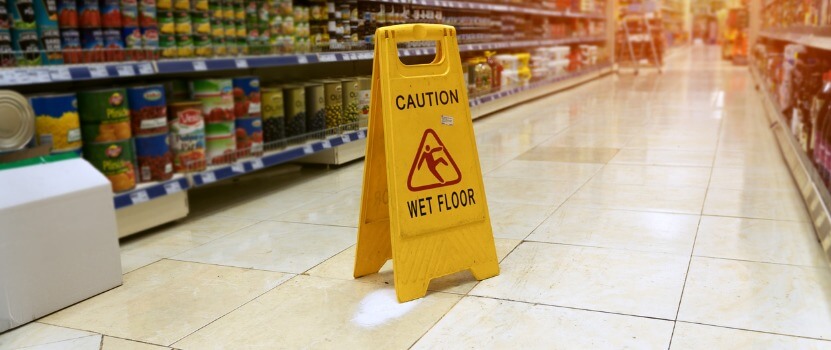All property owners and lessors (those who lease their property to another) have the duty to keep their property (premises) in a reasonably safe condition and to warn people who come on their property of potential hazards. If they fail to do so, and you have been injured as a result, you can make a premises liability claim.
What is Premises Liability?
What exactly is premises liability? This refers to injuries that occur due to defective or dangerous property and applies to both indoor and outdoor properties. Accidents like these can occur at commercial buildings, residences, on private land, or on public property.
However, it is a common misconception that a property owner is automatically responsible for every accident that happens on their premises. This is simply not true. In fact, the duty to protect others is on somewhat of a sliding scale depending on whether the injured person is a business invitee, a permittee, or a trespasser on the property.
Business invitee: The highest duty is owed to a business invitee (which is the person who is invited on the property as a customer).
Permittee: The scale (and the duty) slides downward for a permittee (which is the person allowed on the property for another reason).
Trespasser: Finally, the scale (and the duty) slide even further downward for a trespasser (which is the person who should not be in the property at all). A trespasser is a person who enters your property without permission. Can they become injured? Absolutely they can. But should the property owner be held liable? That depends. Property owners are required to place warnings of dangerous conditions in order to protect visitors and invited guests. Trespassers don’t fall into either the visitor or guest category, but the details of the accident may or may not hold the owner liable.
So depending on why you are on the property, the property owner will have some sort of duty to keep you safe or to warn you of a hazard.
Do You Have a Premises Liability Case?
In order to have a successful premises liability claim for a slip and fall, you will have to prove that the property owner breached the duty.
This is especially difficult if you got hurt because of a transitory substance, like liquid on the floor. In those cases, or will have to prove that the premises owner knew the substance was in the floor and failed to clean it up, or that the substance was on the floor for so long that she or he should have known of its presence and removed it. You will also have to prove that the breach of duty, and the resulting accident, caused your injuries.
This is not an easy task. In fact, trip and fall and slip and fall cases can be so challenging that many personal injury lawyers won’t even take them on. These types of cases require the expertise of a well trained trial lawyer.
Types of Premises Liability
The types of premises liability can be broken down into three categories:
- Homeowner liability
- Renter and landlord liability
- Business owner liability
In all cases of injury, it’s highly recommended that you contact your personal injury attorney as they will be able to sort through the details and determine if the landowner was negligent and liable for your injuries.
Who is held responsible?
Owners of property have a legal obligation to keep their property safe. The owner has unique control over the safety of his or her premises and whether he or she was negligent will depend on whether they took reasonable care to keep their property safe and free of danger.
When accidents occur on commercial property, it can be hard to determine if the owner or the occupant is liable. For example, a lease agreement may shift liability from the premises to the leasee.
What makes a premise dangerous?
Trips and falls, slip and falls, and other injury causing accidents often occur due to:
- Faulty design
- Improper construction
- Hazardously placed building materials
- Poor maintenance
- Clutter
- Outdated equipment
- Negligent security
Call Carey Leisure Carney for Legal Services in Clearwater, FL
Bottom line is that it is the responsibility of every property owner and homeowner to keep their premises safe and secure. If they don’t, accidents can occur. When they do, contact your personal injury attorney immediately for appropriate legal advice.
Contact us at (727) 799-3900 for a free no-obligation consultation and case evaluation.
